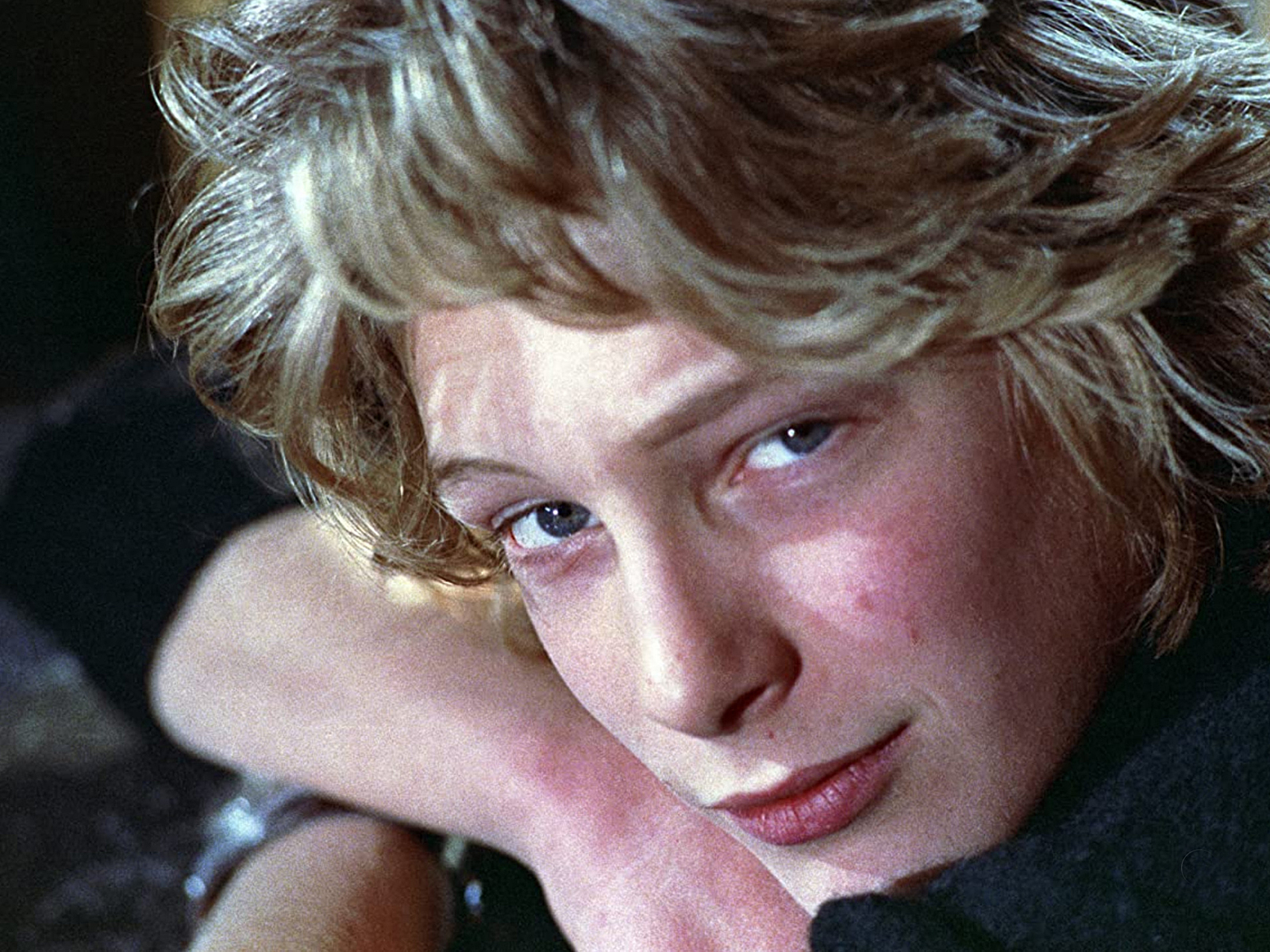
- Festivals
Sundance 2021: The Most Beautiful Boy in The World
In 1969, famed Italian director Luchino Visconti went on a search to cast the critical part of Tadzio for his then upcoming film Death in Venice. When he discovered a 15-year-old Björn Andrésen in Sweden, he proclaimed that he had found ‘the most beautiful boy in the world’. Little did he know this would set the stage for that life to evolve from the pinnacles of fame to misfortune. Under the direction of Kristina Lindstrom and Kristian Petri, the documentary The Most Beautiful Boy in the World, is premiering at the Sundance Film Festival. In it, we follow Andrésen, as he reflectively looks back on his life. Beginning with the international fame that seemed to happen almost overnight. The layers are peeled back to reveal not only his turbulent youth but the adult years and what all his youthful instability led to.
What is it like to introduce your documentary here at Sundance?
LINDSTROM: It’s magic. It is a really big deal, and we are so glad.
For a lot of people, the name Björn Andresen might have just slipped by in history, even though there was that moment. How did he come on your radar, how was he an interesting subject that made you want to tackle this documentary?
PETRI: I was fascinated with the story ever since I was a little kid. I remember all the buzz around him, he was kind of mythological even then, but as the years went by, we sort of moved around in the same circles with writers, actors, artists and it was like I knew him. And then later I came to Björn by way of a children’s series, I directed a TV series, and he was sort of one of the main characters there. I met him and we started talking. Obviously, I touched upon the subject of (the film), I noticed that he wasn’t so keen on talking about that, he sort of had been talking about it his whole life, he has been sort of living up to the image of this. He was kind of fed up with it actually. And then later on Kristina and me were together and we went out and had dinner with Björn, and she was sort of, she didn’t just want to talk about Death in Venice, but his life.
LINDSTORM: That’s what him sold, about his life. So, after the dinner I said we should make a documentary about him (laughs). It has so many layers and so many different doors to open when you go into the story
Telling such a story, not only do you need words, but you need visuals. How did you find such archival treasures as the audition footage and some of the audio recordings?
LINDSTROM: The casting knew about it of course, there was an RAI documentary on Italian television. The other material, bit by bit, his sister had a lot of this private sound tapes and in his cellar, he had super 8 material.
PETRI: Yeah, so it became bit by bit. Also, these strange audio tapes which his aunt recorded his mother, and I don’t know, not many families have these stored and hidden laying around. Obviously, there were other archives, like we were locked in Rome in the Visconti archives and the television archives and there we found this extraordinary press conference from Cannes, which is in the film, which no one had looked at for 50 years. It was just the negatives we saw. And we scanned it and wow, we should get this immediately, it was this feeling you have when you work on documentaries, when you have this archive that you find like a treasure.
Watching this, one cannot help but feel empathetic towards Björn. He was so emotionally damaged. Was that by the sudden burst of fame or due to this family? He was so young when all this happened.
LINDSTROM: I think it was a combination of many things of course, but he was the young boy that he was, he somehow lost his way in life doing all these things that happened after the film.
PETRI: It’s also somehow, a destiny. When he walks into that room with Visconti, he is kind of damaged, I mean he’s lost both his parents. He has this special look which of course Visconti immediately recognized, which was why, I am now speculating, but it must have been like that, that he must have sensed that vulnerability of Björn which was made in his eyes more attractive. That’s what he wanted. This is sort of like a sword with two edges, he is fragile and that is what makes him interesting. It works on film. Of course, I think it’s definitely a combination of, of course you can’t blame Visconti totally, but it was sort of a combination which was lethal somehow.
How cathartic was this experience for him to go back and re-examine his life? Was it healing?
PETRI: It’s a tough question to answer because it’s more of a question for him. Definitely it’s difficult for us to say obviously but it definitely had an impact on him yes. And how deep that is, it’s hard to say, but absolutely yes in some way.

